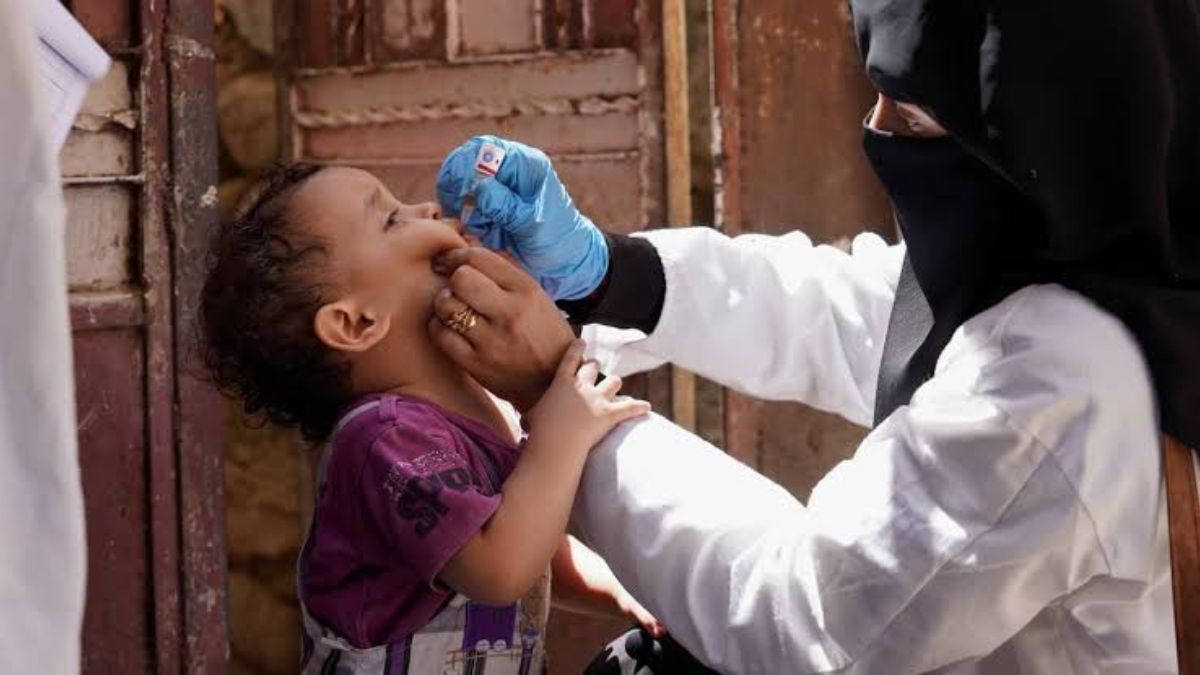The United Nations has called for a seven-day ceasefire in conflict zones to enable a critical polio vaccination campaign, emphasizing the urgency of protecting children from the debilitating disease. The UN’s appeal comes amid ongoing violence that has severely hampered vaccination efforts in affected regions.
The proposed ceasefire aims to provide a window for health workers to reach vulnerable populations and administer polio vaccines, which are essential for preventing outbreaks and protecting public health. Polio remains a significant threat in several regions, where armed conflicts and instability have disrupted vaccination programs and allowed the virus to persist.
UN officials have highlighted that the ceasefire is crucial not only for the direct health benefits but also for ensuring that vaccination campaigns can be conducted safely and effectively. Without this temporary halt in hostilities, health workers face severe risks and logistical challenges that undermine efforts to immunize children and halt the spread of the disease.
The call for a ceasefire underscores the broader humanitarian implications of ongoing conflicts, which not only endanger lives through violence but also disrupt essential health services. The UN’s initiative seeks to address these challenges by creating a brief but vital period during which vaccination teams can operate without the immediate threat of conflict.
International health organizations and local authorities are supporting the UN’s call, stressing the importance of collaboration and compromise to achieve the common goal of eradicating polio. The success of this vaccination drive could have significant implications for global health, contributing to the broader effort to eliminate polio and prevent future outbreaks.
As the situation evolves, the international community is urged to support and facilitate the proposed ceasefire, ensuring that the health and safety of children remain a top priority amidst the ongoing challenges of conflict and disease.

